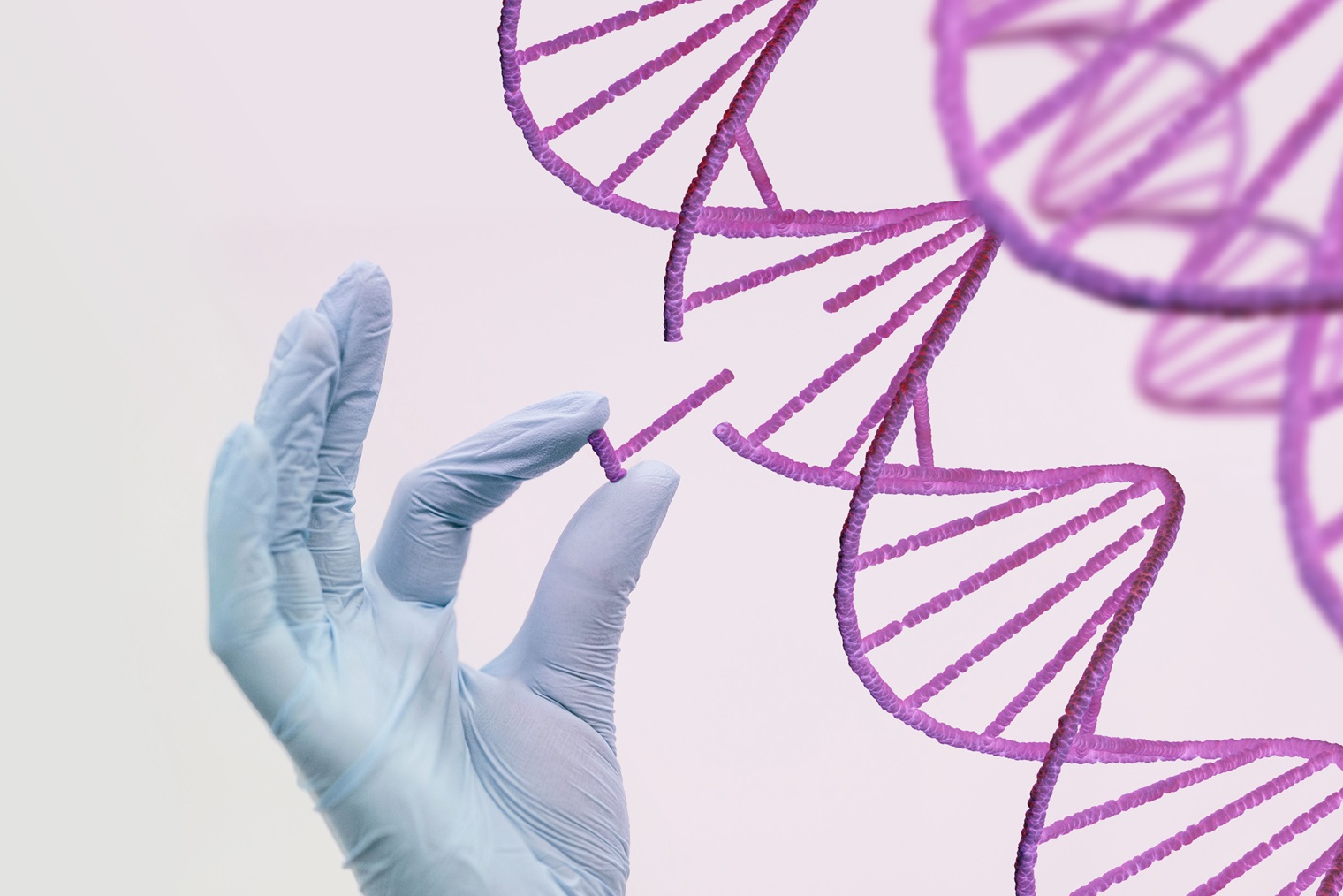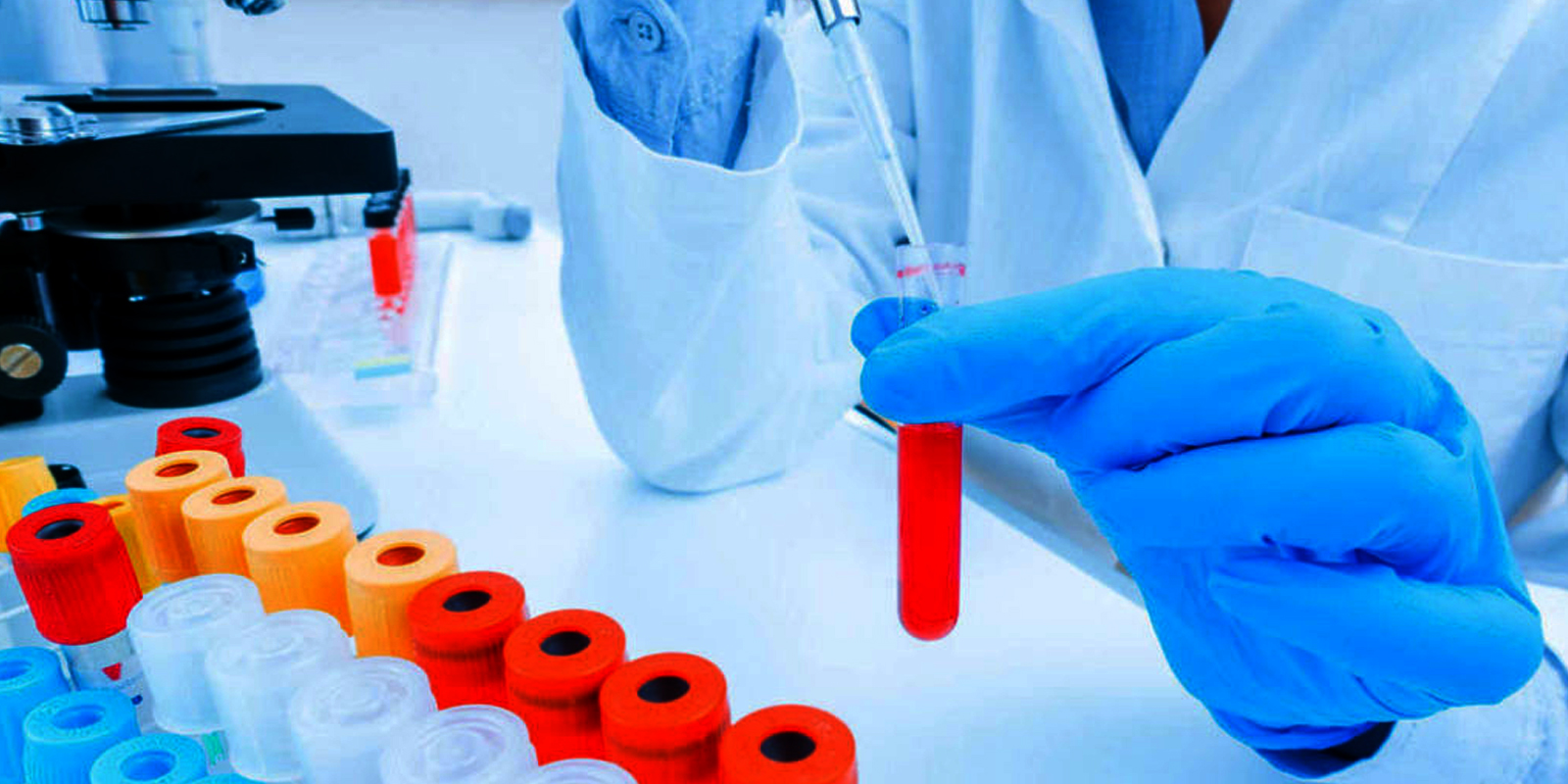At Lifesure, we provide prospective parents with information about genetic disorders or birth abnormalities that the fetus may have.
It is important to know that your chromosomes or genes can cause genetic disorders in your child. A gene is part of body's cells that stores instructions for how your body works. A chromosome holds your genes. Many of these conditions may only be identified at birth, but at Lifesure, we can inform you about this risks early as three months of pregnancy.
Some people decide to get prenatal genetic testing in addition to routine pregnancy testing. Prenatal genetic testing is optional. A person’s chromosomes or genes cause genetic disorders. A gene is part of your body’s cells that stores instructions for how your body works. A chromosome holds your genes. Congenital disorders are present at birth, and healthcare providers can diagnose some of these conditions before birth.
There are two different kinds of tests: Screening Tests & Diagnostic Tests.

What types of prenatal screening tests may be available?
Screening tests don’t diagnose genetic conditions, and an abnormal result doesn’t mean the fetus has a condition. It means there’s a higher risk for a genetic disorder.
Some examples of prenatal genetic screening tests are:
Carrier screening
Carrier screening is a blood test that pregnancy care providers may offer you and your partner. This type of testing can identify small changes in the genes that increase the risk that the fetus could inherit serious medical conditions. These are often called single-gene conditions. Examples include cystic fibrosis, sickle cell disease and spinal muscular atrophy. If your blood test shows you’re a carrier for a genetic risk, your partner should also undergo screening. If both parents are carriers of the same genetic risk, the fetus could have a more severe form of the disease. You only need to complete carrier screening tests once in your lifetime.
Screening for an abnormal chromosome number
Chromosomes should be inherited in pairs — one half of the pair from each parent. Sometimes, nature makes mistakes during fertilization, resulting in missing, or extra, parts of the chromosome pair. Examples include Down syndrome (an extra chromosome 21) and Turner’s syndrome (a missing X chromosome). These test results will be different for each pregnancy. Types of tests include:
Cell-free fetal DNA Screening: This is popularly known as non-invasive prenatal testing (NIPT). Providers look for some common forms of abnormal chromosome numbers in small bits of fetal DNA found in your blood. Because fetal DNA is present in very small amounts, we can’t perform the test until 10 weeks gestation.
Serum Screening: This type of test is also done on your blood sample. It doesn’t look directly at fetal DNA. Instead, these tests analyze various protein levels in your blood to determine the risk for abnormal chromosome numbers. Examples of this type of test include sequential screening, quad screening and first trimester serum screening. Each of these tests must occur at very specific times during pregnancy, so check with your provider about which ones might be right for you. We can’t perform any of these tests until the 11th week of pregnancy.
Screening for physical abnormalities
Sometimes, missing or extra chromosomes cause changes in your baby’s physical structure. For example, the chromosomes are normal but your baby has a physical defect. During pregnancy, ultrasound and blood tests can help determine the fetus’ risk for physical abnormalities and assess whether or not they may be due to genetic abnormalities.
Nuchal translucency: This uses ultrasound to measure the thickness of the back of the fetus’ neck. A thick nuchal translucency gives us clues about the risk for abnormal chromosome number and for physical abnormalities like abnormal fetal heart formation. We perform this ultrasound at 11 to 14 weeks gestation.
AFP screening (maternal serum screen): We draw some of your blood to measure the level of AFP in your blood. High levels may indicate physical problems with the fetus’ abdomen, face or spine. This occurs at 15 to 22 weeks gestation.
Quad screen: This measures the levels of four substances in your blood and determines the risk of the fetus having chromosomal abnormalities and neural tube defects. This test is also called a multiple marker screen. It’s also done at 15 to 22 weeks gestation.
Fetal anatomy scan: This uses ultrasound to evaluate the fetus’ physical structures, including the developing brain, skeleton, heart, kidneys, abdomen, face, arms and legs. This ultrasound is usually done at 18 to 20 weeks gestation.
Remember, prenatal screenings tell you a condition might be present. It doesn’t diagnose a condition.
What types of prenatal diagnostic tests are there?
Diagnostic prenatal tests can confirm if the fetus has a genetic condition. These tests take cells from the amniotic fluid or placenta and test them for specific disorders. Diagnostic Testing is only performed when a screening test is abnormal or if you’re at high risk for having a baby with a genetic condition.
The most common diagnostic tests are amniocentesis and chorionic villus sampling (CVS).
Amniocentesis: We insert a needle through your skin into your uterus to remove a sample of amniotic fluid from the amniotic sac. Amniocentesis happens between 16 and 20 weeks of pregnancy.
Chorionic Villus Sampling (CVS): We insert a needle into your uterus to remove a small sample of cells from the placenta. We determine if it’s safer to place the needle through your abdomen or your vagina. CVS occurs around 11 to 13 weeks of pregnancy.
We then send the samples to the lab for analysis. The lab can perform several types of diagnostic tests, including fluorescence in situ hybridization (FISH), standard karyotyping, and microarray or special panels. Some diagnostic test results can be ready in 72 hours, while others may take more than two weeks to complete.






